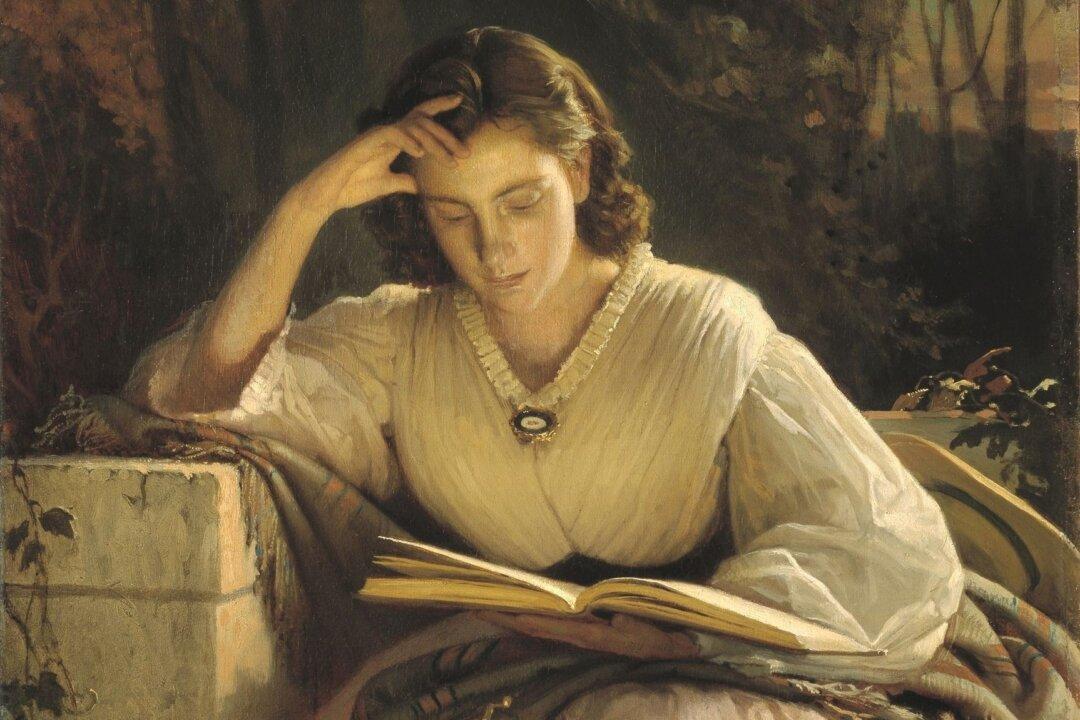“April,” poet T.S. Eliot once wrote, “is the cruelest month.” Certainly his words apply to April 2020.
Though we are slowly winning the fight against the pandemic, the struggle has brought hardship and dire changes to all. Untold numbers of businesses have closed, and some are likely to remain so once the pandemic passes. Millions of Americans have lost their jobs, millions more are locked inside their homes under “shelter-in-place” orders, the stock market gyrates up and down, and we are in the meantime beset by a maelstrom of faulty models, misinformation, and biased reporting by many in the mainstream media seeking to point fingers for this disaster.






